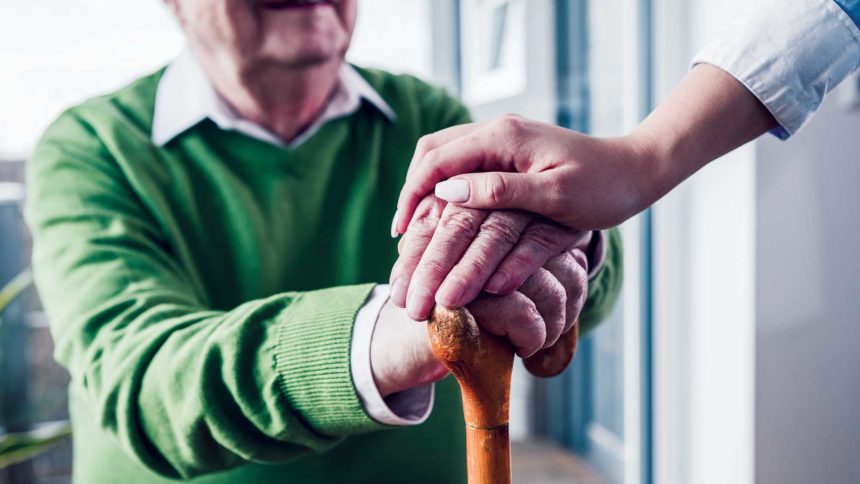
Use of the non-pharmacologic Music & Memory program was associated with reductions in psychotropic medications, reduced behaviors, improved mood, less pain and fewer falls in nursing home residents with dementia in the largest study of the program to date, published in the August issue of JAMDA.
Researchers from the University of California, Davis, studied 4,107 residents in 265 nursing homes over three years.
They found that, with the program, the odds of antipsychotic use declined by about 11%, odds of antianxiety medication use dropped by 17%, and odds of antidepressant use decreased by 9% per quarter. Also, the odds of residents exhibiting aggressive behaviors declined by 20% per quarter, depressive symptoms odds fell by 16%, reported pain odds decreased by 17%, and falls odds dropped by 8%.
The Music & Memory program tries to improve the quality of life for older adults with dementia and other cognitive or behavioral symptoms through personalized music. The program frequently is used by activities departments, according to the study authors, who encouraged other departments, especially nursing, to use it. Doing so, they said, “could increase the frequency and duration of use and overall successful sustainment of the program.”
The project was supported by the Centers for Medicaid & Medicare Services civil money penalty funds as well as the National Institutes of Health’s National Center for Advancing Translational Sciences. It was sponsored by the California Association of Health Facilities.




